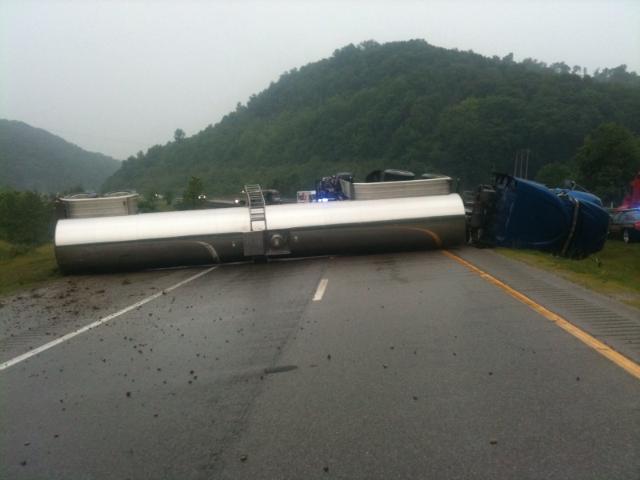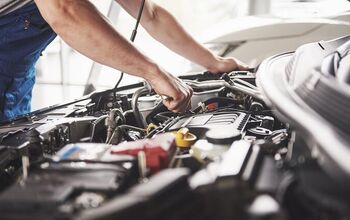Stability Control for Big Rigs May Become Mandatory
Do you clench the steering wheel in fear every time a big rig passes you on the highway? Loosen your grip a little bit – a mandate for the installation safety systems, courtesy of The National Highway Traffic Safety Administration (NHTSA), may be on the horizon.
Right now, automakers must legally install stability control to all new cars and trucks that are for sale to the public. Unfortunately, there’s no such law for commercial tractor trailer trucks. A study being conducted by The National Highway Traffic Safety Administration will determine whether to mandate the safety system for all big rigs.
The safety system in question refers to the big rig’s stability control systems, which utilize an array of sensors to detect imbalance and possible rollover. When a risk is detected, the system puts the brakes to an individual wheel (or wheels) until balance is restored. Nathaniel Beuse, NHTSA crash avoidance director, states that mandating standard stability control systems on all semi trucks could prevent 3,500 rollover accidents, 4,400 injuries and 106 deaths each year.
As always, costs play into the equation. It will cost an estimated $1,200 to retrofit existing trucks and $1,000 to install the system on each additional new rig. Research also shows that it makes more sense to install them on some trucks rather than on others.
Take tanker trucks as an example. They account for six percent of all big rigs on the road and 31 percent of all rollover accidents. Since these types of trucks often carry hazardous and explosive materials (propane or gasoline), adding the stability control systems could significantly reduce the loss of life and property.
Trimac Transportation Systems, a trucking company, has already installed the systems in its trucks, and reports its accidents have dropped from an average of 11 per year to only one last year. This suggests that even though it may cost upfront to get these types of systems installed, the money can be recouped in lower insurance claims and lower premiums.
[Source: Autoblog]
More by Amy Tokic
































Comments
Join the conversation